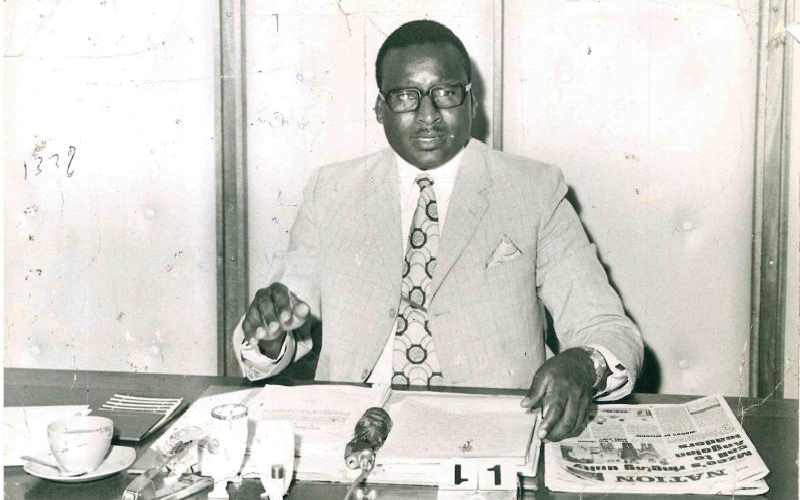
Kanu faced with major challenges throughout December 1991 with the onset of multi-party politics. Some elements within Kanu wanted the party to reform and compete in fair elections.
Led by then Health minister Mwai Kibaki, they were confident Kanu would win Rift Valley and Coast, do well in many parts of Eastern, and remain highly competitive in Western, Nairobi and Central. Only the Luo parts of Nyanza were considered lost. However, Kanu hardliners did not want to adjust to multi-party democracy and were unwilling to hold new grassroots elections.